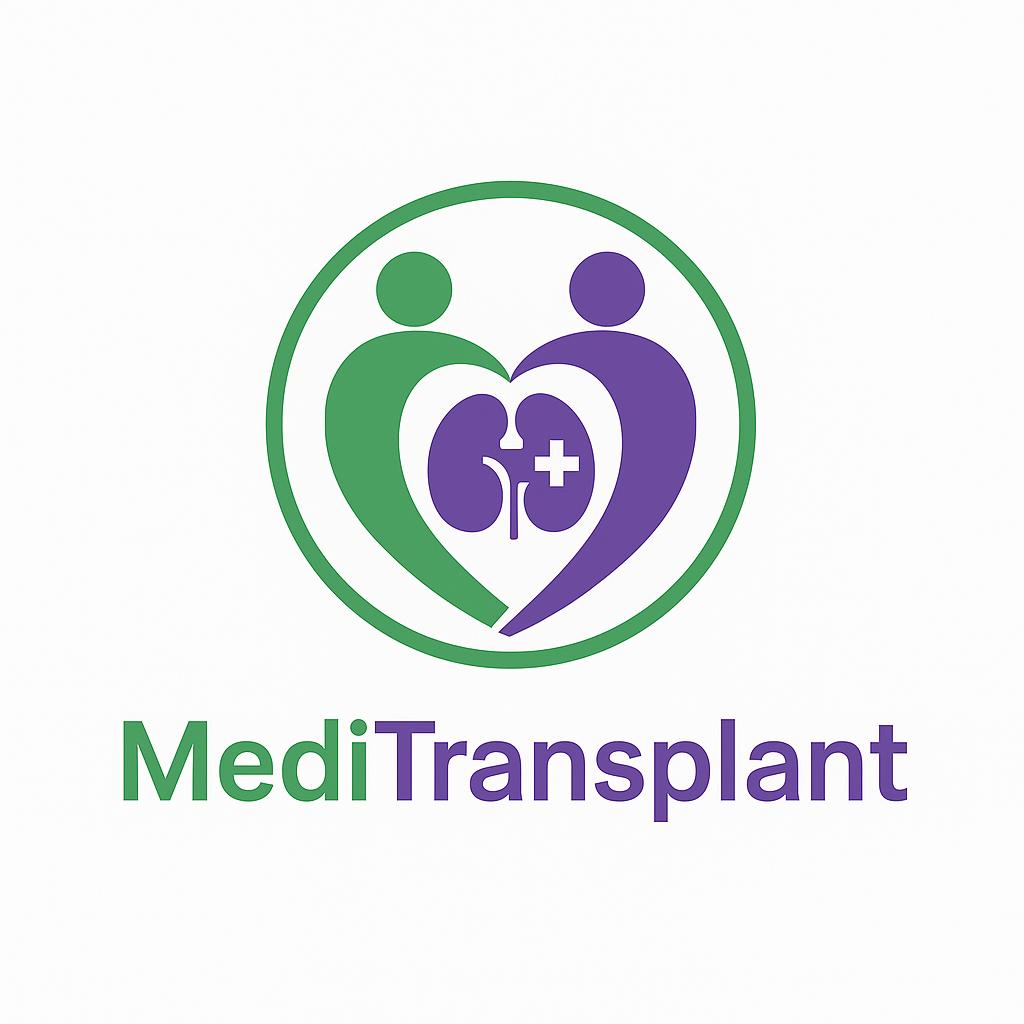IVF Treatment
Personalized fertility care coordination — expert opinions, pre‑treatment work‑ups, scheduling, and follow‑up — with accredited centers.
Overview
In‑vitro fertilization (IVF) combines eggs and sperm in a laboratory to form embryos that are transferred to the uterus. We coordinate diagnostics, center selection, scheduling, and end‑to‑end logistics to make the process clear and timely.
- Center selection and second opinions
- Pre‑treatment evaluations & required clearances
- Scheduling, travel support, and local accommodation
- In‑hospital coordination and language support
- Medication plan & follow‑up after procedure
IVF Types
Standard Insemination
Prepared sperm and eggs co‑incubate; embryos are cultured before transfer.
Intracytoplasmic Sperm Injection
Single sperm is injected into each mature egg; helpful in severe male‑factor infertility.
Enhanced Sperm Selection
High‑magnification morphology or hyaluronan binding selection in specific cases.
Frozen Embryo Transfer
Cryopreserved embryos transferred in natural or programmed cycles.
Preimplantation Genetic Testing
Chromosomal aneuploidy screening or single‑gene testing where clinically indicated.
When Appropriate
Time‑lapse monitoring, assisted hatching, endometrial receptivity assays — used selectively based on evidence.
IVF Stages (Typical Timeline)
Success Factors
- Female age & ovarian reserve (AMH, AFC)
- Embryo quality & lab conditions
- Uterine health & endometrial preparation
- Male factor parameters & DNA fragmentation
- Protocol fit, lifestyle & adherence
- OHSS prevention (antagonist cycles, GnRH trigger, freeze‑all strategy)
- Single‑embryo transfer when appropriate to reduce multiple pregnancy risks
- Strict infection control; evidence‑based adjuncts only
Treatment Facilities
- Classified cleanroom labs with HEPA filtration
- Benchtop/mini incubators with precise gas control
- ICSI micromanipulation systems & cryopreservation
- Andrology labs with detailed semen analysis
- Ultrasound suites & day‑care theatre
- International patient desks for logistics
- Expert opinions & center matching
- Pre‑treatment clearances & scheduling
- Visa, travel & interpreter support
- Hospital navigation & discharge planning
- Follow‑up plan & tele‑check‑ins
Frequently Asked Questions
What is the typical success rate?
Success depends mainly on age, ovarian reserve, embryo quality, and medical factors. Your clinic will quote age‑stratified outcomes.
How many visits are required?
Monitoring during stimulation requires 2–4 visits; retrieval and transfer are day procedures in most cases.
Get a Personalized IVF Plan
Send your medical reports to receive center options, availability, and itemized estimates.
